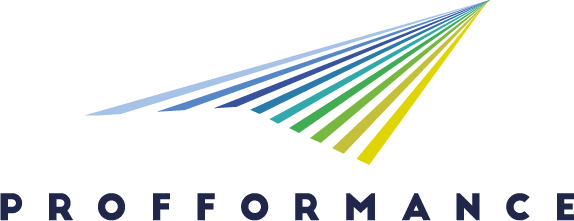PHARI
Ambivert and Inclusive Education for Professional Happiness -Undergraduate Program in Psychology -“PHARI”
- 01 - Education
- 02 - Arts and humanities
- 03 – Social sciences, journalism and information
- 09 – Health and welfare
- Other:
Psychology, International Relations, Social Work
2. Innovative teaching and learning
- Student partnerships/engagement in the teaching and learning practice
- Innovative methodology to keeping motivation and attention during online lectures
- Simulation techniques: games, play and role-play – simulation-based learning techniques
- Case-based teaching, case study – object of study to put into practice the knowledge acquired through a real, fictitious or adjusted description/case of reality.
- Real learning environments, experiments and field work through real-world projects
The problem of a high level of educational and professional deprivation caused by a low level of preparedness and special needs of students is presented by the so-called conflict of career guidance. Deprived students of higher educational institutions have an internal conflict between the real role of a student in a given specialty and the desired role, which, for various reasons, is not implemented by them and is discriminated against. Deprived students do not have access to the knowledge they want to have (if they are aware of what they want at all). As a result, there is a lowered level of motivation, which affects the results of the educational process. The situation is aggravated among those students who have, in parallel, a high level of engagement in the field of sports, professional, family activities, suffer from addiction or have special needs. In some cases, this internal conflict damages not only a particular student, but also the entire educational process. As a result, most of the university graduates are professionally deprived. They either replenish the army of the unemployed, or work in a sphere different which they received knowledge from. Thus, we have a huge number of professionally unhappy people. They are forced to do spend most of their time in the field that does not give them satisfaction. As a result of our conducted researches, we have tested a new and alternative approach - the Concept of Professional Happiness, focused on building a “community of happy professionals.” The concept of educational and professional happiness is also introduced, as a state in which a person enjoys both the work he/she does and the assessment he/she receives from his environment. To develop this concept, the Methodology of Ambivert Education was developed, which is focused on reducing the level of educational and professional deprivation through a positive transformation of the internal career guidance conflict that occurs between the student's real and desired educational and professional identities.
Methodology
Tools, equipment, technology used
Outcomes and outputs, main results
Lessons learnt
Adaptability and sustainability of the best practice (for other institutions)
Promotion of best practice
Scope and impact
- Course/department level
- Faculty level
- Institutional level
- Cross-institutional level
- National level
- EU/EHEA/International level
6.1 Digitalization
- Innovative use of digital administration tools
- Digital skills development and assessment both general and profession-related, embedded in course design, in teaching and assessment
Reasoning: We are working to create an inclusive program and an inclusive university, and realizing the complexity of the task at hand, we strive to improve digital services “step by step”, making it accessible for any person. We are working on digitizing the Ambivert Education Methodology to enhance the capabilities of the methods that make up this methodology.
6.2 Internationalization
- Outstanding practices of international online collaborative learning
- Developing students' multicultural awareness
- Courses implemented in international cooperation (projects, co-teaching, virtual/blended mobility, etc.)
Reasoning: We have created a program in which representatives of the diaspora (teachers) are integrated and intend to integrate persons with disabilities from the diaspora into it. Thus, the program itself will soon become international. The program, includes the syllabus "Directions and methods of Internationalization" elaborated and lead by the Doctor of international relations - Olga Dorokhina. We openly disseminate information about our success to our international partners.
6.3 Inclusion and diversity, universal design
- Inclusive course design, universally designed divers activities to meet special students' needs
- Innovative teaching methodology for inclusion and meet diverse student needs
- Senzitivizing students to consider special needs when practicing their profession
- Course includes hints on how the services/products of the profession could be universally designed/inclusive
Reasoning: The program itself has become inclusive. We are focused on diversity and consider the Ambivert Education Methodology as a fundamental opportunity for integration of individuals into the university community who, for various reasons, do not have this opportunity.
6.4 Sustainability
- Social entrepreneurship projects, service-learning in the topic
Reasoning: We invited professionals to the program who actually work as volunteers. In this sense, our program also has a charitable character. Team members' scientific research is embedded directly into the educational process, which saves time and provides additional incentive. We are part of a small non-profit university supported by a strong organization - the Patriarchate of the Georgian Orthodox Church.

